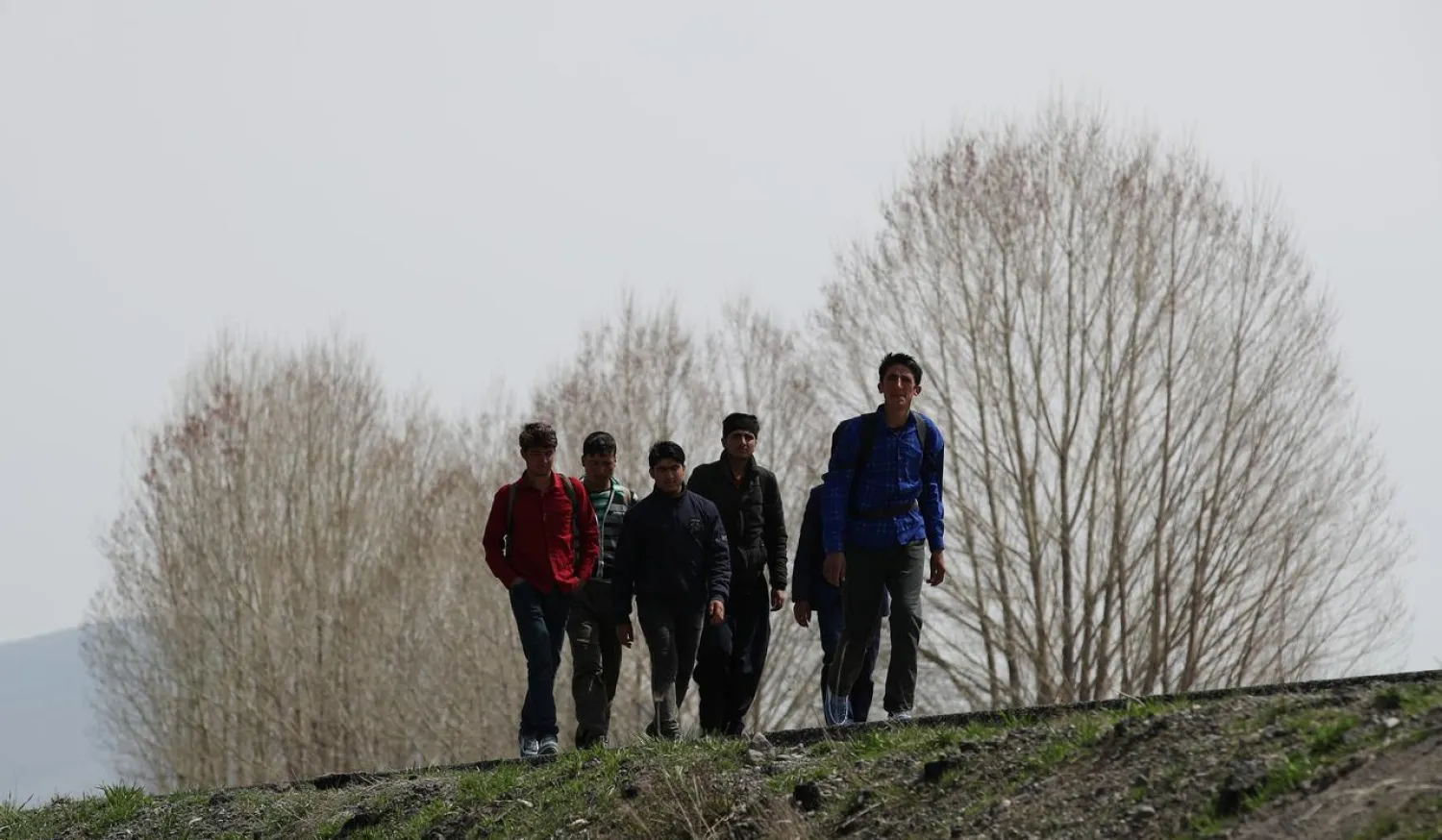Abdul Saboor escaped poverty and instability in Afghanistan three years ago with his wife and three children and found work in neighboring Iran. Now he has returned home, despite the fact that life there has not improved.
His job at a grocery store in the central Iranian city of Isfahan brought in about 280 dollars a month, enough to support his family. But the Iranian rial took a dive last year and his employer cut his wages to less than 100 dollars a month, said a Reuters report on Thursday.
“The economic situation in Iran is really bad,” said the 28-year-old. “Wages have gone down since last year and a lot of families had to return to Afghanistan.”
Afghans began moving to Iran in large numbers after the Soviet invasion in 1979 and they continued to migrate for work through decades of conflict, sending money to relatives back home that helped bolster Afghanistan’s struggling economy.
In 2017, there were approximately 2.5 million to 3 million Afghans in Iran, according to Iranian government estimates cited by the United Nations.
That number could be cut in half by the end of this year. More than 770,000 Afghans left Iran last year as the currency faltered and an extra 570,000 are expected to go this year, the International Organization for Migration (IOM) said in January.
Iran’s economy has been squeezed since President Donald Trump reimposed sanctions on Iran last year after pulling out of a 2015 nuclear deal between Tehran and world powers.
US officials have said the sanctions are intended to pressure Iran to negotiate over what they say are its aggressive missile program and regional policy.
The rial lost approximately 70 percent of its value last year before recovering slightly, disrupting Iran’s foreign trade and helping boost annual inflation fourfold to nearly 40 percent in November. Currency fluctuations and the unstable economy have led to sporadic street protests since late 2017.
An IOM report in January noted that a big jump in the number of Afghans returning from Iran last year was “largely driven by recent political and economic issues in Iran including massive currency devaluation”.
Afghans typically took harsh, labor-intensive jobs in Iran and their departure will mean higher production costs, said Saeed Leylaz, a Tehran-based economist and political analyst, according to Reuters.
Over the past year, many Afghans in Iran have sought advice about returning from the office of Grand Ayatollah Mohaghegh Kabuli - a senior Afghan religious leader based in the holy city of Qom, according to an administrator in the office who asked not to be identified because of the sensitivity of the subject.
“With the crash of the value of the rial, staying in Iran has become very difficult for Afghan migrants,” he said. “They are under pressure.”
Naim, 18, followed the path of two of his older brothers and came to Iran from Afghanistan when he was only ten years old but quickly managed to find work in construction in Tehran.
The work was backbreaking and his family faced hardship: one brother lost four fingers in a construction accident in Tehran.
But he persevered, because he could make more money than at home, and eventually got a job as a doorman at a multi-story apartment complex in Tehran.
Last year, as the economic situation in Iran began to deteriorate, one of his older brothers decided he could no longer support his wife and six children and moved back to Herat in western Afghanistan.
“My brother’s wife and children were hungry and this currency has no value so they went back,” Naim said.
His brother started working in agriculture and has been able to open a small shop in Herat with his earnings. He is now pushing Naim to come home from Iran, a trip that he and approximately 150 friends and extended family are planning to take in two months.
“We work and we work and for what?” Naim said. “We have to go back.”
He could face an uncertain future once he returns.
“The economic opportunities in Afghanistan are no longer there. It’s not like there’s a lack of opportunities in Iran and new opportunities in Afghanistan,” said Sarah Craggs, IOM’s senior program coordinator for Afghanistan, who is based in Kabul. “There are no opportunities in either country really.”
Afghans have long sought better lives in other countries and a lack of jobs in Iran could also boost numbers trying to head further west to Europe.
The latest drop in remittances from Iran is already having an impact on the economies of the Afghan provinces of Herat, Badghis and Ghor, an IOM report said in January.
Abdul Saboor now earns about 130 dollars a month working at a restaurant in Herat.
“Life was much better in Iran but since the financial crisis, it was difficult to survive so we had to come back despite all the hardship here,” he said. “I was the lucky one and found a job while thousands of others are jobless.”









